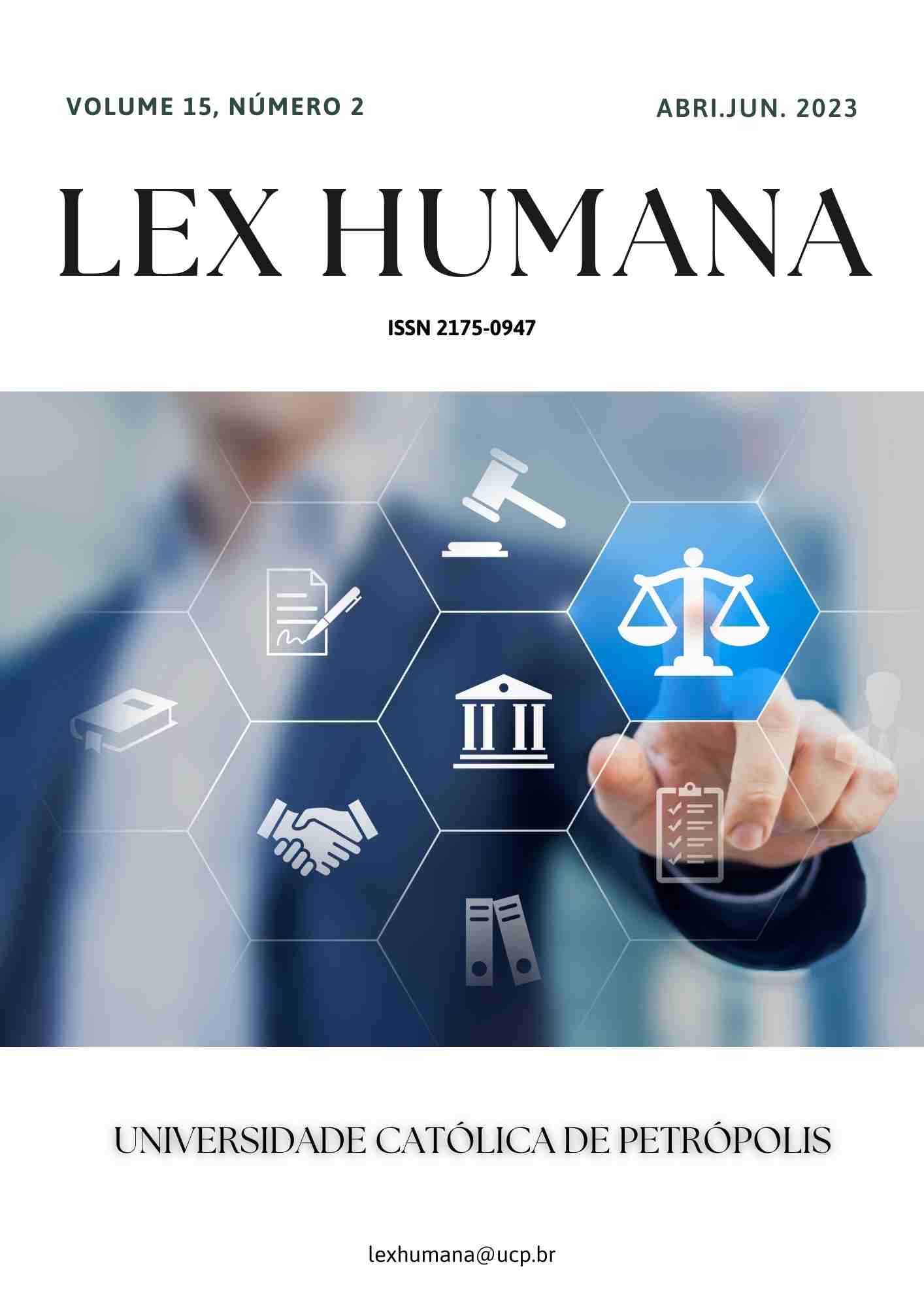Abstract
The issue under consideration concerns the process of establishing the information society and power, and, in particular, the presidential power and its objective principles of development. The purpose of the academic paper is to clarify the interrelationship between power and information, and to highlight the essence and content of informational power. Analysis, synthesis, generalization, explanation and qualification of data were the methods used in the research. At the same time, we have used the following reliable and intriguing sources to clarify the issues raised in the academic paper, namely: the European Commission of the Council of Europe, the Organization for Economic Cooperation and Development, the World Telecommunication Union, executive authorities responsible for building the information highway in the USA, Canada, Great Britain, Germany, France, Australia, Japan and other countries. The current stage of the information revolution in the world dictates a new information paradigm for studying political miracles. Political institutions, political relations, forms of political influence on society and public knowledge are also changing under the influence of information technologies, and the power of information is confidently taking its place.
References
Habermas, J. Between facts and norms: Contributions to discourse theory of law and democracy. (W. Rehg, Trans.). Cambridge: Polity Press & Oxford: Blackwell Publishers Ltd. 1996.
Golia, Angelo Jr and Teubner, Gunther. Societal Constitutionalism: Background, Theory, Debates. ICL Journal, vol. 15, no. 4, 2021, pp. 357-411. https://doi.org/10.1515/icl-2021-0023
Gervits, F., Thurston, D., Thielstrom, R., Fong, T., Pham, Q., and Scheutz, M. Toward genuine robot teammates: improving human-robot team performance using robot shared mental models,” in Proceedings of the 19th International Conference on Autonomous Agents and MultiAgent Systems (Auckland), 2020. 429–437.
Nordin S, Sturge J, Ayoub M, Jones A, McKee K, Dahlberg L, Meijering L, Elf M. The Role of Information and Communication Technology (ICT) for Older Adults' Decision-Making Related to Health, and Health and Social Care Services in Daily Life-A Scoping Review. Int J Environ Res Public Health. 2021 Dec 23;19(1):151. doi: 10.3390/ijerph19010151.
Turkel, Gerald. Talcott Parsons: The Social Relations of Individualism and Economy. Sociological Focus, vol. 38, no. 1, 2005, pp. 65–82. JSTOR, Available at: http://www.jstor.org/stable/20832256. Accessed 3 Mar. 2023.
Maes, Guido, and Geert Van Hootegem. Power and Politics in Different Change Discourses. Administrative Sciences 12, no. 2: 64. https://doi.org/10.3390/admsci12020064
Peyton T, Zigarmi D, Fowler SN. Examining the Relationship Between Leaders' Power Use, Followers' Motivational Outlooks, and Followers' Work Intentions. Front Psychol. 2019 Feb 1;9:2620. doi: 10.3389/fpsyg.2018.02620.
Savolainen, R. Expert power as a constituent of opinion leadership: a conceptual analysis. Information Research, 26(2), 898. 2021 Available at: http://InformationR.net/ir/26-2/paper898.html Accessed 3 Mar. 2023
Walter, S. & Brüggemann, M. Opportunity makes opinion leaders: analyzing the role of first-hand information in opinion leadership in social media networks. Information, Communication & Society, 23(2), 2020. 267-297. https://doi.org/10.1080/1369118X.2018.1500622
Rogers, L., De Brún, A., Birken, S.A. et al. The micropolitics of implementation; a qualitative study exploring the impact of power, authority, and influence when implementing change in healthcare teams. BMC Health Serv Res 20, 1059. 2020. https://doi.org/10.1186/s12913-020-05905-z
Nekmahmud M., Rahman S. Measuring the competitiveness factors in telecommunication markets. In Khajeheian D., Friedrichsen M., Mödinger W. (Eds.), Contributions to management science (pp. 339–372). 2018. https://doi.org/10.1007/978-3-319-71722-7_18
Besley T, Persson T. Democratic values and institutions. Res. Work. Pap., London School Econ, London, UK, 2016
Bocchiaro, P., Zimbardo, P.G. Defying Unjust Authority: An Exploratory Study. Curr Psychol 29, 155–170. 2010. https://doi.org/10.1007/s12144-010-9080-z
Kington RS, Arnesen S, Chou WS, Curry SJ, Lazer D, Villarruel AM. Identifying Credible Sources of Health Information in Social Media: Principles and Attributes. NAM Perspect. 2021 Jul 16;2021:10.31478/202107a. doi: 10.31478/202107a. PMID: 34611600; PMCID: PMC8486420. RS, Arnesen S, Chou WS, Curry SJ, Lazer D, Villarruel AM. Identifying Credible Sources of Health Information in Social Media: Principles and Attributes. NAM Perspect. 2021 Jul 16;2021:10.31478/202107a. doi: 10.31478/202107a. PMID: 34611600; PMCID: PMC8486420.
Olszak C. M., Bartuś T., Lorek P. A comprehensive framework of information system design to provide organizational creativity support. Information & Management, 55(1), 94–108. 2018.https://doi.org/10.24251/HICSS.2017.531

This work is licensed under a Creative Commons Attribution-NonCommercial-NoDerivatives 4.0 International License.
Copyright (c) 2023 Lex Humana (ISSN 2175-0947)
